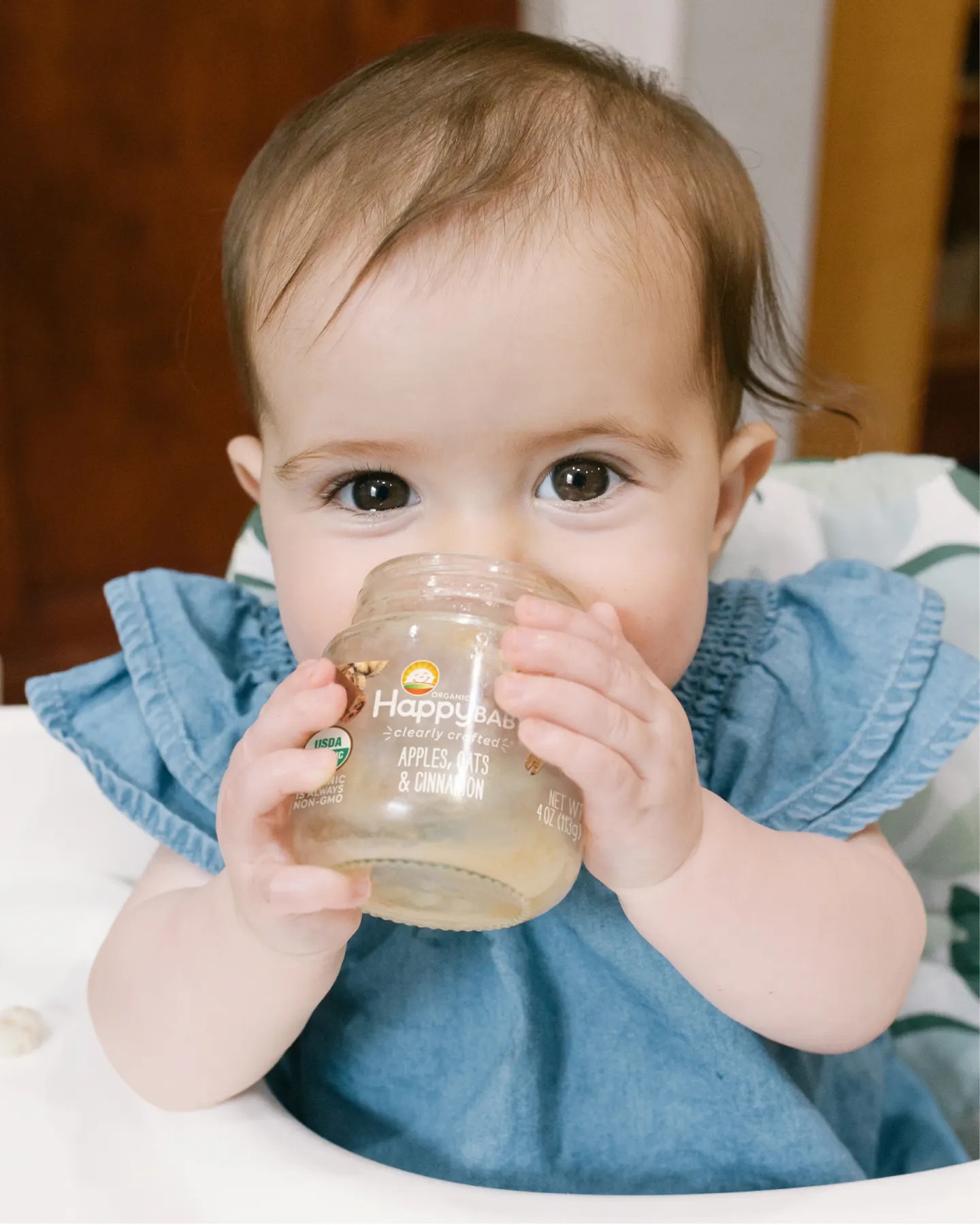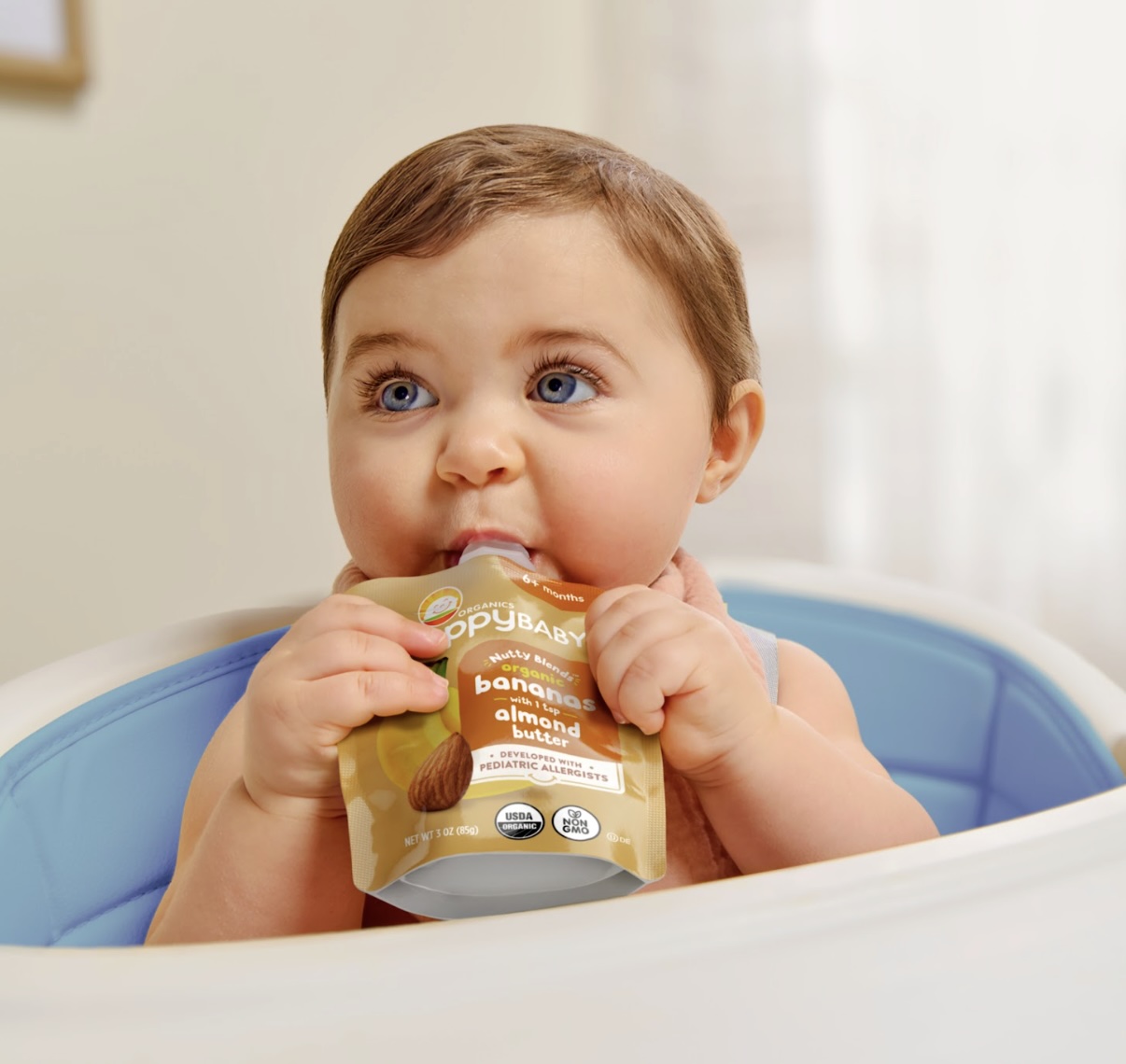We like
We don't like
Featured Product
Our team is dedicated to finding and telling you more about the web’s best products. If you purchase through our links, we may receive a commission. Our editorial team is independent and only endorses products we believe in.
When you’ve got a new baby, one thing’s for sure—nighttime feedings quickly become your new normal. Whether you're breastfeeding, formula feeding, or doing a bit of both, there will be plenty of nights when sleep feels like a distant dream (pun intended!). You're awake at strange hours, running on fumes, and probably overwhelmed, burned out, and drained. It’s tough, but your baby depends on these middle-of-the-night meals for nourishment and growth.
To help make nighttime feeds a little more manageable (and a little less zombie-like), I’m sharing some simple, practical tips to make those bleary-eyed feeds just a wee less exhausting.
Formula Feeding Tips To Survive Feeding Night
1. Pre-Portion Formula Ahead of Time
Whether you're exclusively formula feeding or supplementing with bottles, trying to scoop formula into a bottle at 3 a.m. while you’re half-asleep is a recipe for disaster (and frustration! and spills!). One of the easiest ways to simplify nighttime feedings is to pre-portion formula powder into single-serving airtight containers. That way, when your baby wakes up hungry, all you have to do is add water, shake, and feed.
This hack isn’t just helpful during the newborn phase—it’s also a lifesaver during sleep regressions or when your baby starts solids, typically around the 6-month mark. At this age, babies may begin waking more frequently at night, and even though solids are being introduced, they still rely on milk feeds for the majority of their calories. So if you’re still doing overnight feeds, it’s important to make every bottle count by ensuring your baby is getting the nutrients they need for healthy growth.
That’s why we love the Happy Baby Organic Stage 2 Formula during this phase—it's specifically designed for babies 6 months and older, with thoughtfully adjusted levels of nutrients to support their next stage of development.
2. Be Mindful of Light
Lighting may seem like a small detail, but it can have a surprisingly big impact during nighttime feeds. Bright overhead lights can be visually overstimulating—for both you and your baby. It can make it more challenging to wind down and fall back asleep afterwards (which, let’s be honest, is one of the most frustrating parts of being a night owl). During night feeds, the goal is to maintain a low-stimulation environment so your baby (and your body) gets the message that it’s still sleep time.
That said, you obviously still need to see what you're doing. Consider a small nightlight with a warm glow or a dimmable lamp that provides just enough visibility without disrupting the cozy sleep environment. This will make it easier for everyone to drift back to sleep once the feed is done.
3. Set Up a Feeding Station
Nighttime feeds can involve more than just offering your baby a bottle. In the middle of the night, your baby might need a diaper change, a clean outfit, or help soothing back to sleep. And it's not uncommon for you to be thirsty or hungry, especially during the newborn phase.
That’s why it’s incredibly helpful to set up a designated nighttime feeding station. Use a small basket, caddy, or tray to keep all the essentials within arm’s reach. Stock it with bottles, pre-portioned formula, a water bottle, burp cloths, diapers, wipes, a pacifier, and an extra onesie or swaddle—anything you might need to get through a feed without scrambling in the dark.
4. Nap During the Day
Yes, it’s the oldest advice in the book—but for a good reason. The classic “sleep when your baby sleeps” tip is something you might hear from your grandmother or fellow mom friends because it truly works. When your nights are filled with interrupted sleep and constant wake-ups, you’ll need to make up for those lost zzz’s whenever you can.
So, when your baby naps during the day, take advantage of those moments to rest yourself. Even short naps can make a big difference in restoring your energy, boosting your mood, and helping you better handle the demands of caring for a baby. Plus, getting a little extra rest will make those nighttime feedings feel more manageable.
FAQs About Feeding at Night
What’s the easiest way to prep bottles for night feeds?
Pre-portion formula and keep a clean bottle ready to go. You can use a bottle warmer or prep with room-temp water (if safe and approved by your pediatrician).
Is it okay to formula feed in bed?
Yes, just be mindful of safe sleep practices. Keep your feeding station close and avoid lying down while feeding to reduce choking risk.
How many times will my baby wake up for formula at night?
It varies! Newborns might wake every 2 - 4 hours, while older babies (6+ months) may only wake once or twice.
What formula is best for overnight feeds?
Look for a formula designed for your baby’s age. We recommend Happy Baby Organic Stage 2 Formula for 6+ months due to its balance of nutrients and easy digestibility.



















